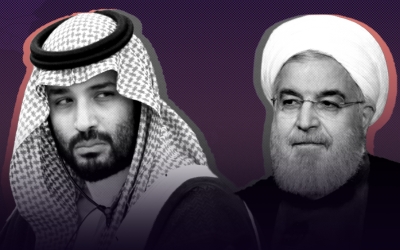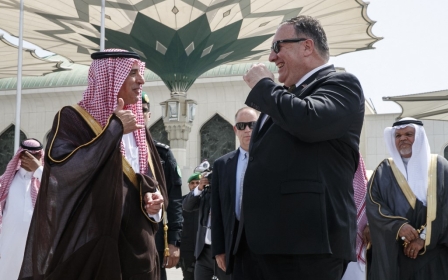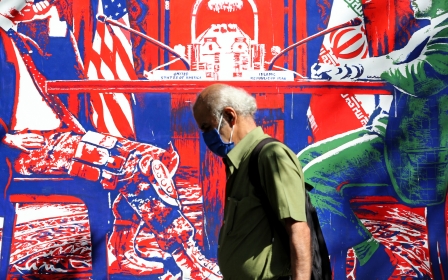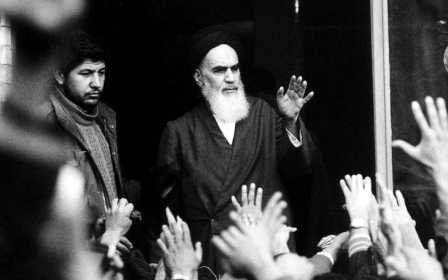Iran resumes exports to Saudi Arabia after a year of 'zero' activity
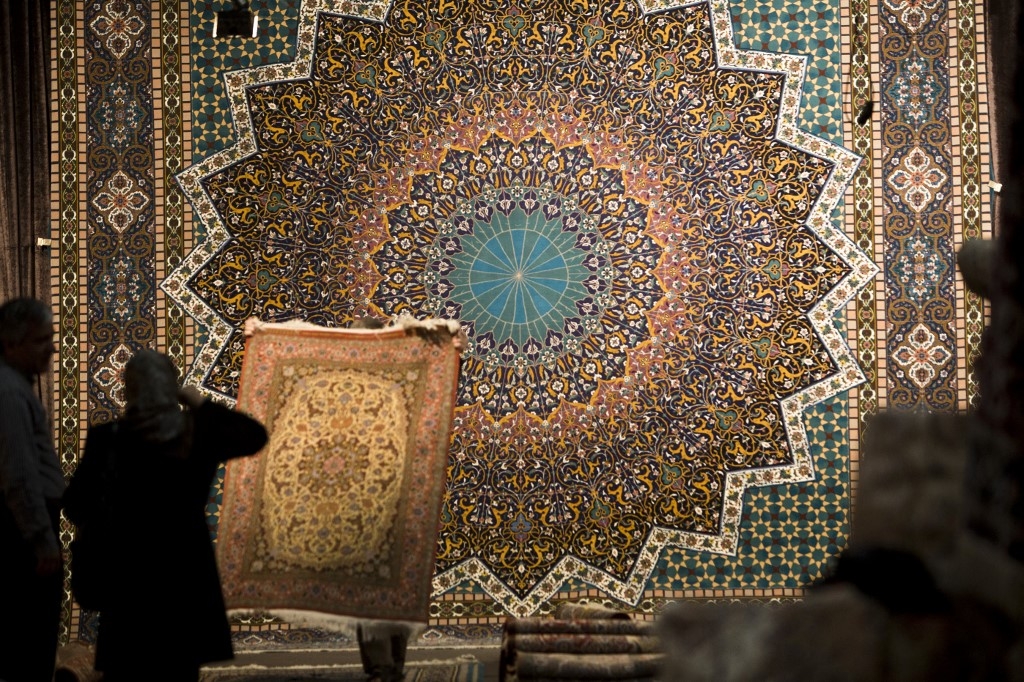
Iran has resumed exports to Saudi Arabia for the first time since the regional rivals stopped bilateral trade last year, a senior official has confirmed.
A report of Iran’s six-month trade with neighbouring countries was released on Sunday by the Islamic Republic of Iran Customs Administration (IRICA), showing Saudi Arabia on the list of the country’s export destinations.
Trade activity between the two countries had “reached zero” in the last Iranian fiscal year ending on 20 March 2021, IRICA spokesperson Rouhollah Latifi told state news agency IRNA.
The stagnant year followed a “few years of reducing trade exchanges”, Latifi said, noting that Iraq was the main export destination for Iranian products in the same period, followed by Turkey and the UAE.
The resumption of trade signals a warming of the relationship between Tehran and Riyadh, who severed diplomatic ties in 2016 and have been locked in a rivalry that has played out in proxy conflicts across the region, from Yemen to Syria to Iraq.
Last week Iran expressed its “readiness” to resume exports to Saudi Arabia if tensions are reduced between the two neighbours.
"At a time when political relations between Iran and Saudi Arabia were good, Iranian exporters were active in the country's market, and today, if negotiations between the two countries reach positive results, traders will definitely succeed,” Farhad Nouri, deputy minister of Export Development of the Trade Development Organisation, said in a recent interview with the semi-official Iranian Students’ News Agency (ISNA).
If the negotiations were successful, Nouri said that Iran could “expect a special development” in exports to Saudi Arabia.
"The Saudi market is very wide in terms of consumer goods, and given the cultural proximity, the issue of Hajj and holy shrines and the old presence of Iranian traders in the Saudi market, our exporters know the taste of this market,” he said.
Saudi Arabia also made clear its willingness for cooperation. Its foreign minister Prince Faisal bin Farhan al-Saud said in a rare interview that the talks with Iran had been “cordial” and “exploratory”.
“We are serious about the talks,” he said. “For us it’s not that big a shift. We’ve always said we want to find a way to stabilise the region,” he told the Financial Times last week.
Mutual benefits
On 10 May, Iran confirmed publicly for the first time that it was in talks with Saudi Arabia, saying it would do what it could to resolve issues between them.
"De-escalation of tensions between the two Muslim countries in the Persian Gulf region is in the interest of both nations and the region," Foreign Ministry spokesperson Saeed Khatibzadeh said at the time.
A few days later, Middle East Eye reported that Iran had asked Saudi Arabia to help sell its oil and circumvent US sanctions in exchange for limiting Houthi attacks on the kingdom’s oil facilities.
During this conversation, the Saudis sought to guarantee the end of attacks, nearly daily in recent months, by Iranian-backed Houthis on its oil and economic institutions.
The Iranians, meanwhile, focused on breaking the economic bottleneck Tehran has suffered since the administration of former US president Donald Trump withdrew from the nuclear agreement in 2018 and reimposed wide-ranging sanctions on the country.
Specifically, the Iranians called on the Saudis to help them sell their oil once again, according to a senior Iraqi official close to Iran and familiar with the progress of the negotiations.
"They offered to sell it to the Saudis at a price lower than international prices on the condition that the Saudis sell it on the world markets in their own way,” the official told MEE.
Iran currently relies mainly on the United Arab Emirates and Oman to sell its oil informally, and needs another regional outlet to bypass the US-imposed blockade. Saudi Arabia appears to be an ideal option for the Iranians now, Iraqi officials said.
Middle East Eye propose une couverture et une analyse indépendantes et incomparables du Moyen-Orient, de l’Afrique du Nord et d’autres régions du monde. Pour en savoir plus sur la reprise de ce contenu et les frais qui s’appliquent, veuillez remplir ce formulaire [en anglais]. Pour en savoir plus sur MEE, cliquez ici [en anglais].


